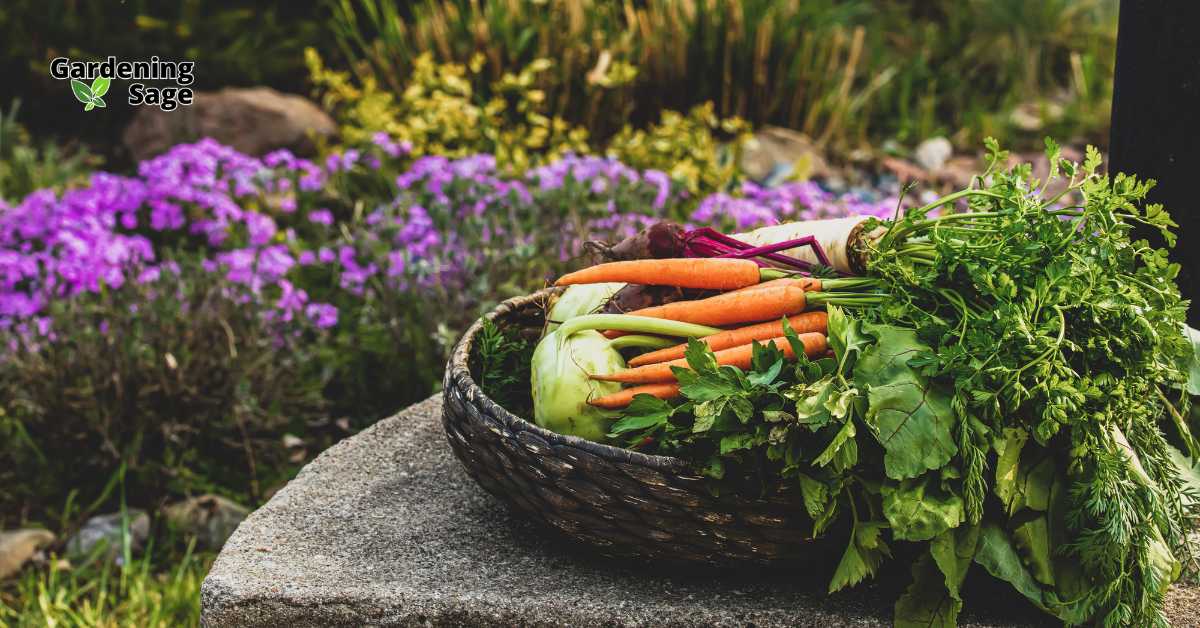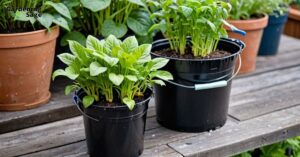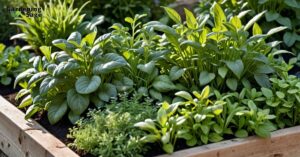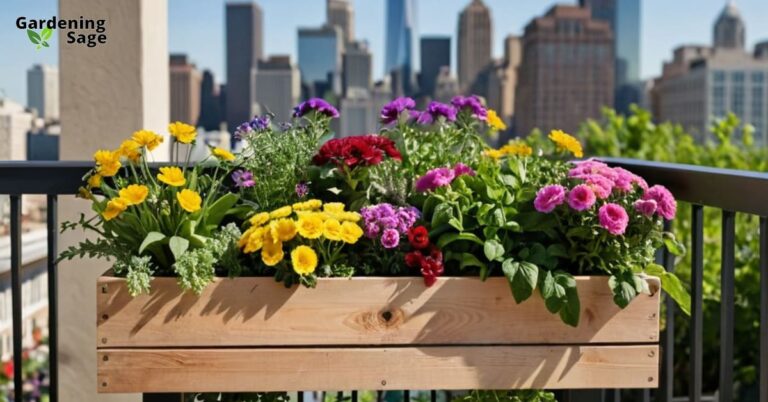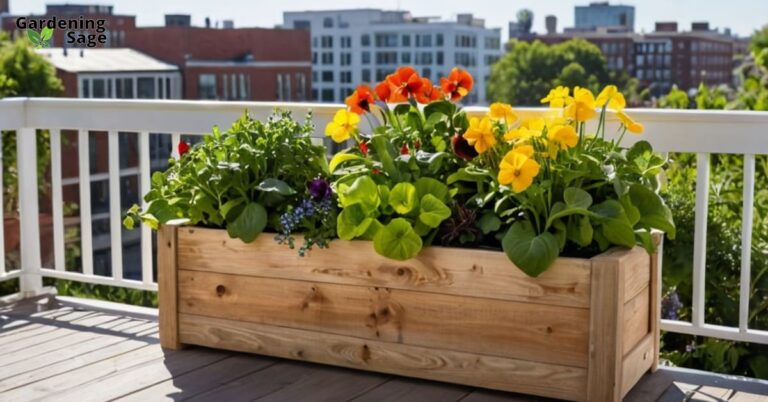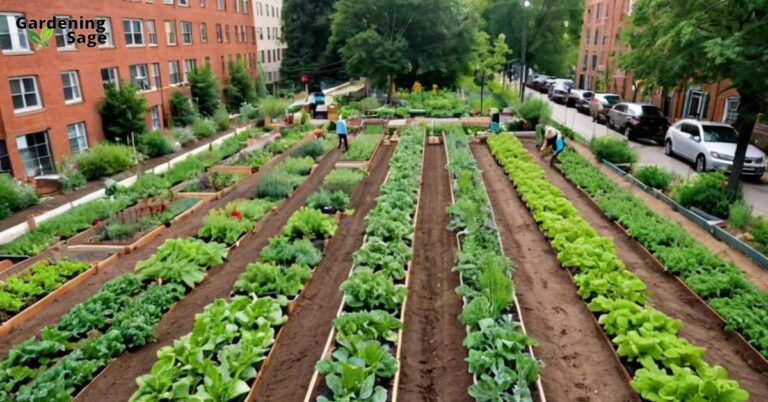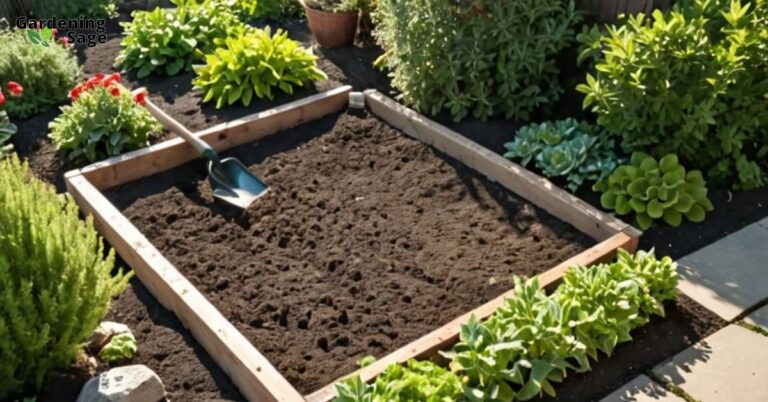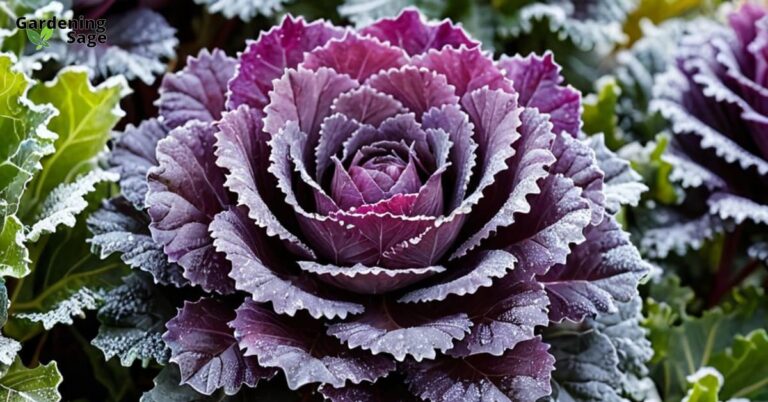If you’re on the journey of cultivating your vegetable garden is not only a rewarding endeavor but also a step towards a healthier and more sustainable lifestyle.
Whether you have a spacious backyard or just a small balcony, anyone can start their vegetable garden with the right knowledge and a bit of dedication.
In this comprehensive guide, we’ll walk you through the essential steps to help you establish and maintain a successful vegetable garden.
Choosing the Right Location
The first and foremost step in starting a vegetable garden is selecting the right location. Most vegetables thrive in areas with ample sunlight, so choose a spot that receives at least 6-8 hours of sunlight each day.
Additionally, ensure that the soil is well-drained to prevent waterlogging, which can be detrimental to plant health.
Beginner Garden Location: Planning Your Garden Layout
Once you’ve chosen the perfect location, it’s time to plan the layout of your vegetable garden. Consider the mature size of each plant and provide enough space between them to promote air circulation.
Raised beds are an excellent option for beginners as they offer better control over soil quality and drainage.
Raised Bed Gardening: Selecting the Right Vegetables
Choosing the right vegetables for your garden is a crucial decision. Consider your local climate, soil type, and the amount of sunlight your garden receives.
For beginners, it’s advisable to start with easy-to-grow vegetables such as tomatoes, peppers, and lettuce. These vegetables are not only resilient but also provide a quick sense of accomplishment.
Beginner Vegetable Garden: Preparing the Soil
The foundation of a successful vegetable garden lies in the quality of the soil. Conduct a soil test to determine its pH and nutrient levels.
Amend the soil with organic matter like compost to improve its fertility and structure. Healthy soil is the key to healthy plants.
Planting Your Seeds or Seedlings
Once your soil is ready, it’s time to plant your chosen seeds or seedlings. Follow the recommended planting depth and spacing for each vegetable.
Water the newly planted seeds gently, keeping the soil consistently moist until the seeds germinate.
Proper Watering Techniques
Watering is a critical aspect of vegetable gardening. Ensure that your garden receives an inch of water per week, either through rainfall or supplemental watering.
Water your plants in the morning to reduce the risk of diseases, and use a soaker hose or drip irrigation to keep the foliage dry.
Mulching for Success
Mulching is a simple yet effective technique to retain soil moisture, suppress weeds, and regulate soil temperature. Apply a layer of organic mulch, such as straw or wood chips, around your plants.
Mulching also contributes to soil health as it breaks down over time, adding valuable organic matter.
Regular Maintenance and Pest Control
Consistent maintenance is vital for a thriving vegetable garden. Regularly check for pests and diseases, and address any issues promptly.
Consider using natural pest control methods, such as companion planting or introducing beneficial insects, to minimize the use of chemical pesticides.
Planting: Harvesting and Enjoying the Fruits of Your Labor
As your vegetable garden flourishes, the time will come to harvest your homegrown produce. Harvest vegetables when they are at their peak ripeness for the best flavor and nutritional value.
Enjoy the satisfaction of preparing meals with ingredients straight from your garden.

